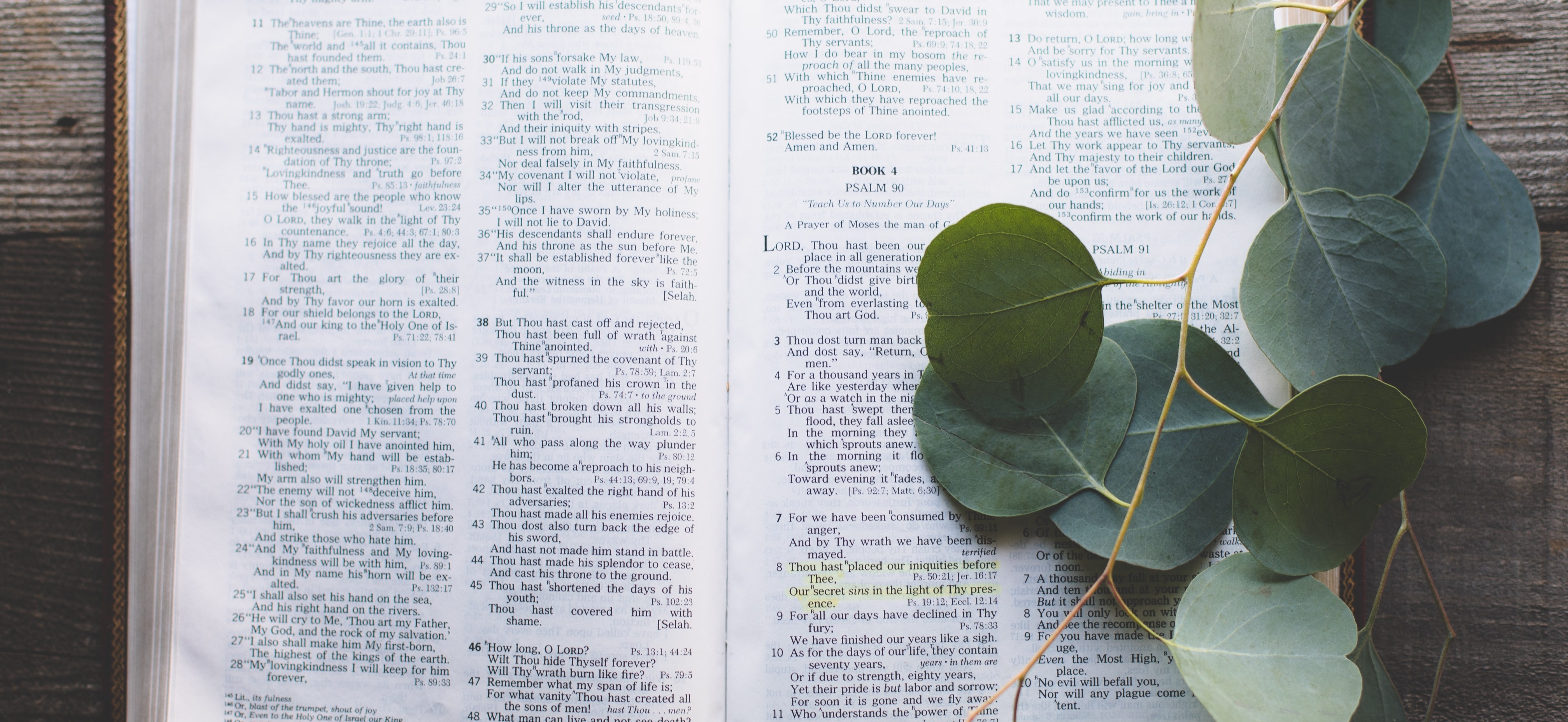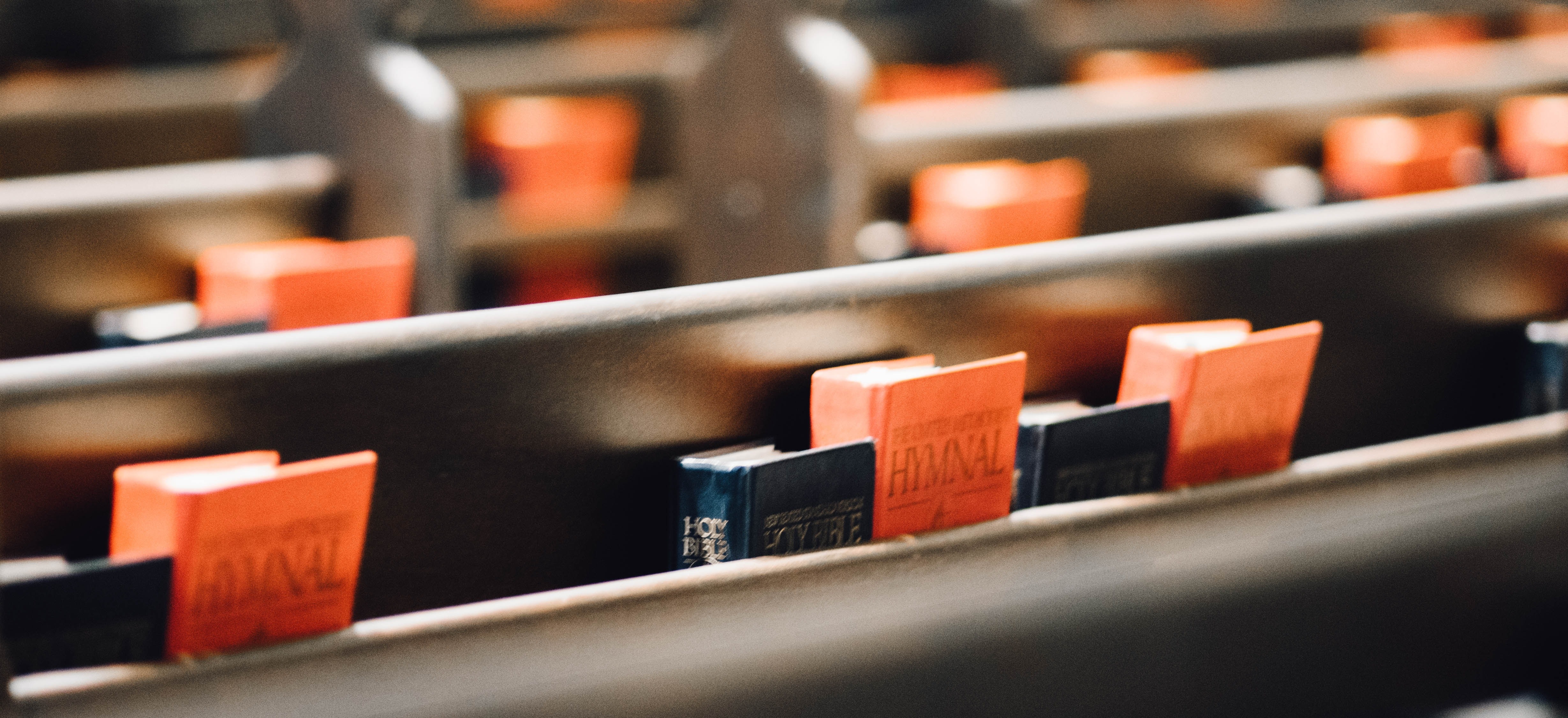If you were one of the first Christians, would your value of fellowship, study, and worship be the same as it is right now?

As we look at the beginning of the church, in Acts 2, there are certain things we can know about the first Christians.
They were devout Jews. “And there were dwelling in Jerusalem Jews, devout men, from every nation under heaven.” (Acts 2:5) These were people who had such a proper understanding of the Old Law that they did what God intended in leaving it to follow the Christ.
The first Christians, having been brought up in Judaism, saw the supremacy of Christ to Moses. They saw the “betterness” of the New Covenant:
“By so much more Jesus has become a surety of a better covenant.” (Heb. 7:22) “But now He has obtained a more excellent ministry, inasmuch as He is also Mediator of a better covenant, which was established on better promises.” (Heb. 8:6)
“For on the one hand there is an annulling of the former commandment because of its weakness and unprofitableness, for the law made nothing perfect; on the other hand, there is the bringing in of a better hope, through which we draw near to God.” (Heb. 7:18, 19)
As the inaugural recipients of the blood of Christ, would these once devout Jews consider freedom from the Law of Moses to be a reason to dedicate less of their lives to spiritual things? Did they see the removal of the Old Law as taking them “off the hook,” when it came to fellowship, study, worship and giving?
Acts 2:42, 46 says, “42 And they continued steadfastly in the apostles' doctrine and fellowship, in the breaking of bread, and in prayers. 46 So continuing daily with one accord in the temple, and breaking bread from house to house.” To these first Christians, freedom in Christ was not a license to spend less time surrounding the feet of God with the children of God. In fact, they understood the opposite – they had more freedom in approaching God. Hebrews 9:22-24 says, “And according to the law almost all things are purified with blood, and without shedding of blood there is no remission. Therefore it was necessary that the copies of the things in the heavens should be purified with these, but the heavenly things themselves with better sacrifices than these. For Christ has not entered the holy places made with hands, which are copies of the true, but into heaven itself, now to appear in the presence of God for us.” These first Christians found themselves able to do what they were never allowed to do before, enter the Most Holy Place. Hebrews 10:19-25 continues the thought of chapter 9, “Therefore, brethren, having boldness to enter the Holiest by the blood of Jesus, by a new and living way which He consecrated for us, through the veil, that is, His flesh, and having a High Priest over the house of God, let us draw near with a true heart in full assurance of faith, having our hearts sprinkled from an evil conscience and our bodies washed with pure water. Let us hold fast the confession of our hope without wavering, for He who promised is faithful. And let us consider one another in order to stir up love and good works, not forsaking the assembling of ourselves together, as is the manner of some, but exhorting one another, and so much the more as you see the Day approaching.”
Under the Old Law, these first Christians had been used to giving a tenth of their possessions to God… for starters. When we look at all of their giving requirements, under the Old Law, they ended up giving nearly a third of what they had to God. Did they exhibit the attitude of many present day Christians, claiming that the entrance of a New Covenant meant that God wanted them to give less? Well, Acts 2:44, 45 says that they “had all things in common and sold their possessions and goods, and divided them among all, as anyone had need.” In Acts 4:36, 37, we actually have an account of Barnabas (the Son of Encouragement) selling some land and giving 100% of it to the church! The generosity of the first Christians was a direct result of properly understanding the nature of where they were standing, in contrast with where they stood. “For you had compassion on me in my chains, and joyfully accepted the plundering of your goods, knowing that you have a better and an enduring possession for yourselves in heaven. Therefore do not cast away your confidence, which has great reward.” (Heb. 10:34, 35)
Moving from a physical kingdom to a spiritual kingdom did not diminish the importance of righteous living; rather, it motivated them to take it more seriously. Are you letting the grace of God teach you to be more righteous and godly? (Titus 2:11, 12) If you were one of the first Christians, would your value of fellowship, study, and worship be the same as it is right now? Would your giving be the same as it is right now?
-Cary Gillis D.Min. January 24, 2021What If You Were One of the First Christians?













